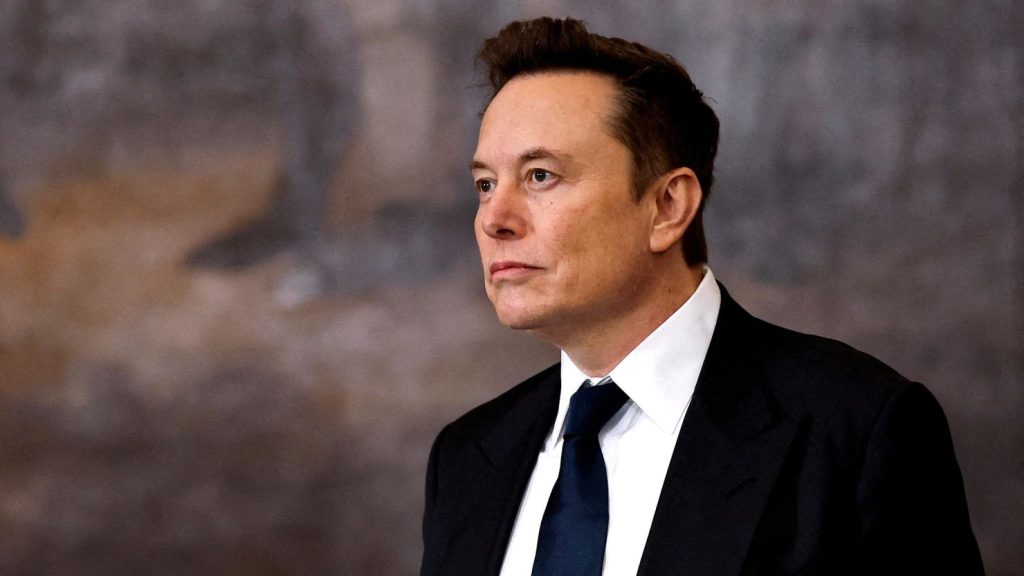The Folly of Running the U.S. like a Business

By: Zi Yuan Wong
April 18, 2025
The United States is navigating truly unprecedented times. Like many others, I find myself questioning how we arrived at this point, where the newly appointed department heads of this administration appear to be chosen from the least qualified rather than the most capable. Instead of appointing experts who can implement meaningful programs to support marginalized communities, the current administration seems intent on ignoring pressing issues and systematically dismantling their departments piece by piece.
Before taking office, President Trump’s campaign messaging was consistently clear: he promised to “drain the swamp” and govern the country “like a business.” In a nation renowned for its corporate giants, the idea of a successful business founder leading the government seemed appealing on paper. The vision was that government agencies could enhance their services, better serve their constituents, and achieve greater efficiency while cutting costs—hallmarks of a well-run business.
Unfortunately, the primary goal of businesses isn’t to serve their customers better while earning profits on the side. Instead, businesses are fundamentally driven by the pursuit of profit, and when they grow large enough, there are often no boundaries they won’t cross to ensure those profits. If achieving record earnings means resorting to corporate layoffs and leaving countless individuals unemployed, the decision for them becomes all too clear.
The situation escalated when President Trump appointed Tesla CEO Elon Musk to lead the Department of Government Efficiency (DOGE), leveraging his corporate experience to reduce federal spending. DOGE quickly implemented sweeping changes, including laying off federal workers, weakening the Department of Education, shutting down DEI programs, and potentially gaining access to private data within government systems. While these actions were framed as efforts to enhance efficiency, they may ultimately backfire. Many workers have been left unemployed, leading to increased government spending on compensation. Meanwhile, local economies are shrinking, further straining America’s economic landscape and leaving the government with dwindling reliable income sources.
While a bloated government is far from ideal, a lean government that fails to adequately serve millions of citizens is equally unworkable. Government programs and services play a vital role in enhancing and supporting the lives of its people. Gutting these resources under the guise of efficiency not only strips individuals of their livelihoods but also abandons those in need.
President Trump pledged to run America like a business, and his recent actions with DOGE suggest he’s following through—though perhaps in the same way he managed ventures like Taj Mahal Trump.
